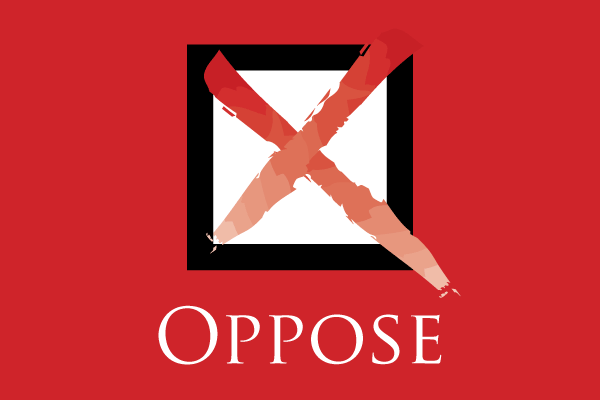
Workplace rules would be allowed to skip past critical analysis of their fiscal and other effects if legislation pending before the Assembly becomes law.
SB 410 (Leyva; D-Chino), opposed by the California Chamber of Commerce, seeks to exempt Cal/OSHA regulations from analysis that gives policymakers, the regulated community and the public access to a thorough economic analysis of the effects of proposed rules.
The process, known as the Standardized Regulatory Impact Assessment (SRIA), was set up by 2011 legislation and applies to all new regulations with a financial impact of more than $50 million.
The SRIA analysis must consider both the benefits and costs of a proposed regulation, as well as alternative measures. Unlike other regulatory analyses, the Department of Finance then checks the SRIA to confirm the methodology used is suitable and the conclusions are accurate. The analysis must be completed before an agency votes to approve the proposed regulation.
Reasons for Opposition
The CalChamber and a coalition of groups representing employers from a variety of industries are opposing SB 410 for the following reasons:
• Both the Legislative Analyst’s Office (LAO) and the Department of Finance have cited benefits of the SRIA process. In a 2017 review, the LAO acknowledged the value of the process and urged it be strengthened. The Finance Department has pointed out that the SRIA process helps identify cross-jurisdictional issues where the actions of one state agency may create costs or other unexpected side effects for another agency.
• The SRIA process does not apply to emergency regulations and therefore does not slow agencies if there is an urgent need for action.
• Other documents, such as the required Economic Impact Statement (EIS), are an inadequate substitute for the SRIA. Although SB 410 supporters claim these other documents make the SRIA unnecessary, a comparison of the short EIS with the final SRIA for Cal/OSHA’s revisions to the occupational lead standards demonstrates otherwise. The SRIA of the lead standards includes detailed consideration of the regulation, its health benefits, alternatives, which industries will be affected and the anticipated cost to each industry.
• Taking the time needed to figure out all the ramifications of a complex regulation is justified because the requirements can remain in effect for decades.
Good Analysis Needed
“Big decisions must be built on good analysis,” the coalition states in its letter to the Assembly. “As the COVID-19 pandemic has shown us, science and analyses take time, and our policy actions must be shaped by that knowledge. The SRIA process ensures that high-quality, thorough analysis is available for the 1.5% of California’s regulations that have the broadest effects — and we believe its removal would only harm public policy outcomes at Cal/OSHA.”
SB 410 awaits action by the full Assembly. If it passes the Assembly, it must return to the Senate for consideration of the amendments made in the Assembly.

